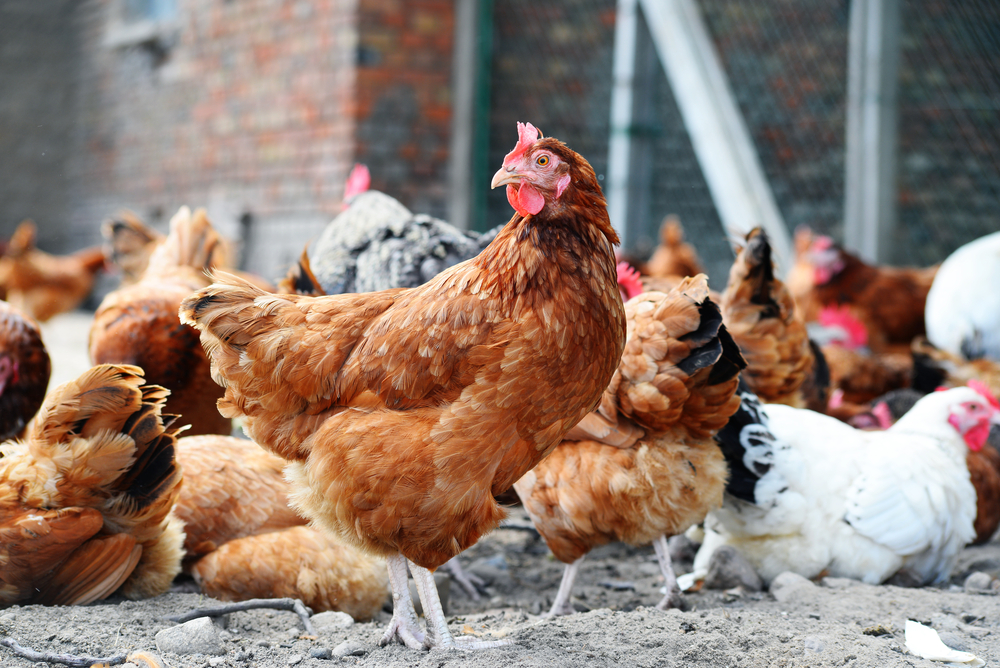
Veterinary Association Reveals Nigeria Loses N4.5bn To Newcastle Disease Yearly

The Nigerian Veterinary Medical Association (NVMA) has revealed that Nigeria loses N4.5 billion yearly due to Newcastle disease, mainly because of insufficient veterinary services.
Dr. Moses Arokoyo, President of the NVMA, disclosed this in Abuja on Tuesday.
He explained that Newcastle disease, which is highly contagious among poultry, is caused by paramyxovirus.
Dr. Arokoyo said the disease mainly affects chickens, turkeys, geese, ducks, pheasants, partridges, guinea fowl, and wild and captive birds like ostriches, emus, and rheas.
He stressed that the financial losses from the disease could have been invested in productive ventures or development projects if better veterinary services were available in rural areas.
He also stressed the need for veterinarians, saying that they are crucial for reducing animal diseases in Nigeria.
However, according to Dr. Arokoyo, the profession receives inadequate attention, leading to preventable disease losses.
He lamented that the current ratio of one veterinarian to 3,000 or 4,000 animals is insufficient to manage the country’s disease burden and ensure nutritional security.
He said that 75% of emerging and re-emerging diseases originate from animals, and unless more veterinarians are employed and deployed to remote areas, zoonotic diseases will continue to escalate.
Dr. Arokoyo advised that to address these issues and secure food supply; more veterinarians need to be hired, trained, and empowered.
Newcastle Disease
Newcastle disease (ND) is highly infectious and affects poultry and other birds.
It is caused by virulent strains of the ND virus, leading to varying symptoms and high mortality rates, especially in young birds.
The disease can affect the respiratory, digestive, or nervous systems, and symptoms can include quietness, depression, reduced feed/water intake, abnormal eggshells, respiratory distress, diarrhoea, and nervous signs like tremors and paralysis.
The disease is transmissible to humans, though most cases are non-symptomatic. Rarely, it can cause a mild fever, influenza-like symptoms and conjunctivitis (pink eye due to infection or allergies) in humans.
Newcastle disease was first identified in Java, Indonesia, in 1926 and Newcastle upon Tyne, England, in 1927.
However, it is said that the disease may have been prevalent as early as 1898, when a disease wiped out all the domestic fowl in northwest Scotland.
About The Author
Related Articles
Tinubu Government Delays Release of Signed Tax Acts to the Public
Four days after President Bola Tinubu announced the signing of four tax...
ByMayowa DurosinmiJune 30, 2025As Tinubu Urges Africa-Caribbean Unity in Saint Lucia, Over 272 Nigerians Killed in June Alone
While Nigerians deal with deadly violence, worsening hunger, and mass flooding, President...
ByWest Africa WeeklyJune 30, 2025You Can’t Tax a Dead Economy: Nigeria Is Suffocating Under Its Own Policies
As Nigeria’s Central Bank clings to its benchmark interest rate of 27.5...
ByWest Africa WeeklyJune 30, 2025“Wike is Not a Blessing to Us, He’s a Disaster” — Workers Protest in Nigeria’s Capital Over Unpaid Wages, Poor Working Conditions
Staff members of the Federal Capital Territory Administration (FCTA) in Abuja barricaded...
ByOluwasegun SanusiJune 30, 2025











